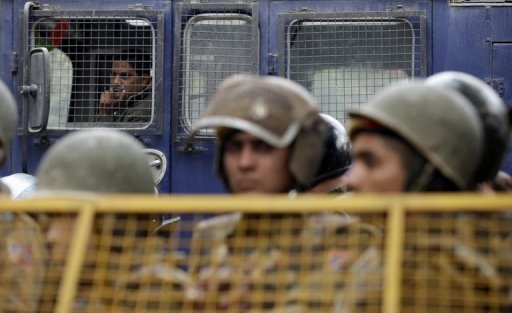Finance Minister Hany Kadry Dimian has stated that Prime Minister Ibrahim Mehleb formed a “quartet committee” comprising the ministers of investment, industry and planning, alongside Kadry, to ensure a rapid acquisition of the required funding for the expansion and drilling of the new canal, with an estimated value of EGP 60bn. The decision was carried out after consultations with President Abdel Fattah Al-Sisi.
In early August Al-Sisi inaugurated the project to dig a new canal while also expanding the Suez Canal. The entire project will raise revenue from the canal from the current $5bn to an estimated $13bn, due to an increase in ships passing through the canal, global trade volume, and transport and trade fees.
Kadry believes that financing the Suez Canal project requires large sums of money, for which the government has sought the help of its citizens. Government banks will therefore be issuing investment certificates with 12% returns next week to individuals and institutions on behalf of the Suez Canal Authority.
Commenting on the government’s proposal to finance the canal through investment certificates and not through shares, Kadry stated that the decision was made to ensure national security, in order to protect the project from exposure to vacillating shareholders or the sale of shares to foreigners.
He added that the yield on the certificates would be in dollars, and the estimated 3.5% interest rate is not as low as alleged by some because the certificates are government-ensured. He confirmed that the Suez Canal Authority will pay the returns on the certificates until the project itself provides the funding for the returns.
Hany Tawfik, head of the Egyptian Direct Investment Association, has stated that the cost of financing the project, EGP 60bn, is no small amount, and will inevitably put pressure on the liquidity available in the banking system. Individuals will not be able to provide this funding alone, he said. In addition, he believes the project will put pressure on the private sector’s access to finance and banking, reducing the levels of liquidity available to finance debt.
Tawfik wants the government to allow foreigners to buy certificates instead of limiting itself to Egyptians only, so as to ensure Egyptians that attracting new liquidity from outside the banking system is possible. However he would hope the procedure provides ceilings to foreign ownership on the certificates, limiting how and whom these certificates could be sold to by foreigners.
Tawfiz suggested a limited listing and trading of the certificates within the stock exchange, stating that the expansion and drilling project is huge and will take place on both sides of the channel. Thus, huge investments from internal and external actors should be encouraged so as to provide a competitive investment environment and attract other countries to the project.
He added that Egypt’s success in attracting investment to finance its projects will not depend on patriotic slogans, but rather on feasibility studies on the economic and financial environment and an improvement in business practices in Egypt, which together will help revive confidence in the Egyptian economy.
Some experts have described the project as a nationalistic venture because, in reality, the economic feasibility studies have not provided any clear evidence on how the project would be completed, or on how it would increase revenue to $13bn.
Fakhry Al-Fiki, former assistant executive director of the International Monetary Fund, has stated that he believes that despite its risks the canal project, especially given that the implementation period has been reduced significantly, could be a good investment opportunity. In particular, he believes that holders of investment certificates will benefit because their returns are guaranteed by both the Suez Canal Authority and the government.
He wonders, however, on what criteria the government is making this particular project a priority, “not because I object to it, but want to understand the government’s direction, especially since the country is suffering darkness in factories and homes because of a chronic power crisis.”
In a press statement last week, Mehleb said that the Suez Canal project will contribute to lowering the high unemployment rates in the country, by providing a variety of job opportunities to Egyptians.

